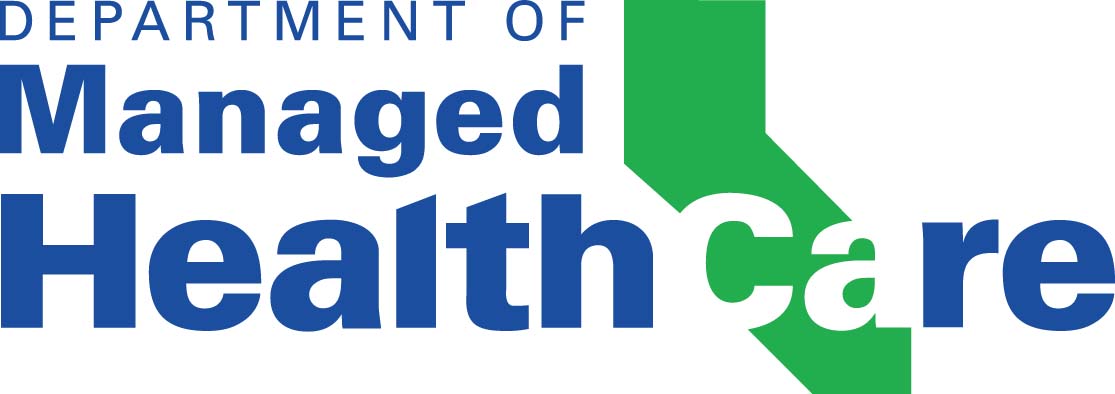
The Department of Managed Health Care (DMHC) promulgated emergency regulations that went into effect on July 17, 2020, seeking to clarify when California health care service plans must cover COVID-19 diagnostic testing. These regulations are of concern in that instead of broadening access and creating patient protections like the federal law has done, DMHC’s emergency regulations create a barrier to accessing COVID-19 diagnostic testing, particularly for minoritized and marginalized communities; delays care; and adds confusion about whether the test will be a covered benefit. In addition, the regulations result in an unworkable operational requirement and place an additional administrative burden on physicians at a time when their focus should be on providing patient care during this unprecedented pandemic.
The emergency regulations establish a rigid three-tiered testing prioritization structure that is not responsive to changes in testing capacity in California. It also creates a conflict with the four-tiered testing prioritization structure created by the California Department of Public Health, which was designed to be responsive and is modified based on changes in conditions.
Tier 1: Individuals who are symptomatic or those with known or suspected recent exposure to SARS-CoV-2 are covered under federal law, which prohibits payors from imposing cost-sharing and prior authorization or other medical management requirements. Federal law also requires payors to reimburse providers of COVID-19 diagnostic testing, regardless of network status.
This structure places the burden on the physician to determine who are essential and non-essential workers, and therefore for whom utilization management procedures would apply. If the physician determines that the patient is an essential worker, the physician will need to have the ability to make note of this determination on the claim form submitted to the health plan in order to ensure the claim is processed correctly and not denied. However, DMHC has not provided guidance on how this information is to be reported to the plans. Moreover, if physicians are sending their patients to other providers for COVID-19 testing, network status of the testing provider is likely not the primary consideration for physicians, but rather turnaround times and quality and accuracy, which are considerations that are in the best interest of the health of the patient. This would be problematic if plans are able to deny coverage when the enrollee does not obtain the test from an in-network provider.
The pandemic has revealed starkly the disproportionate impact of the virus on minority and marginalized communities. To achieve health equity, barriers must be removed so that everyone is able to access health care. Cost-sharing is a barrier to accessing health care and COVID-19 diagnostic testing. Hence, allowing plans to charge cost-sharing for COVID-19 diagnostic testing as the emergency regulation does, creates a barrier to accessing COVID-19 diagnostic testing, particularly for minoritized and marginalized communities.
On September 18, 2020, DMHC issued an All Plan Letter (APL 20-033) to address stakeholder questions regarding the regulations. However, the APL does not alleviate the concerns with the regulations. CAFP will work with the DMHC along with other stakeholders on the impact of these regulations.